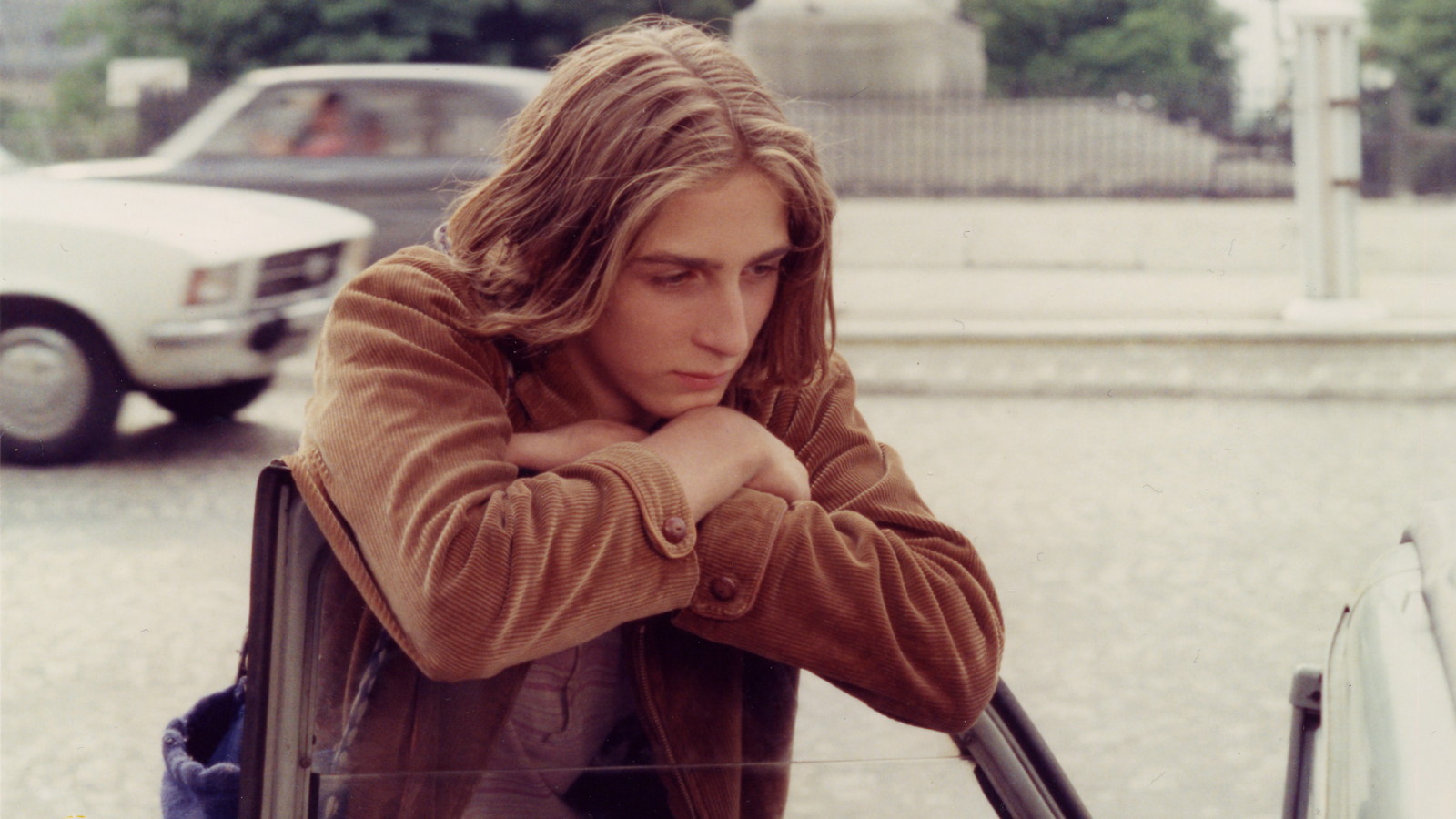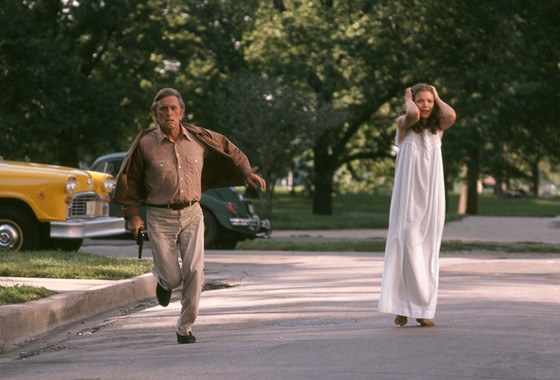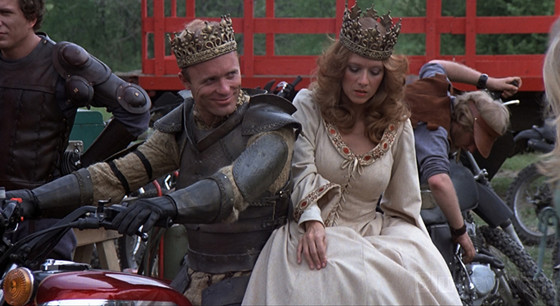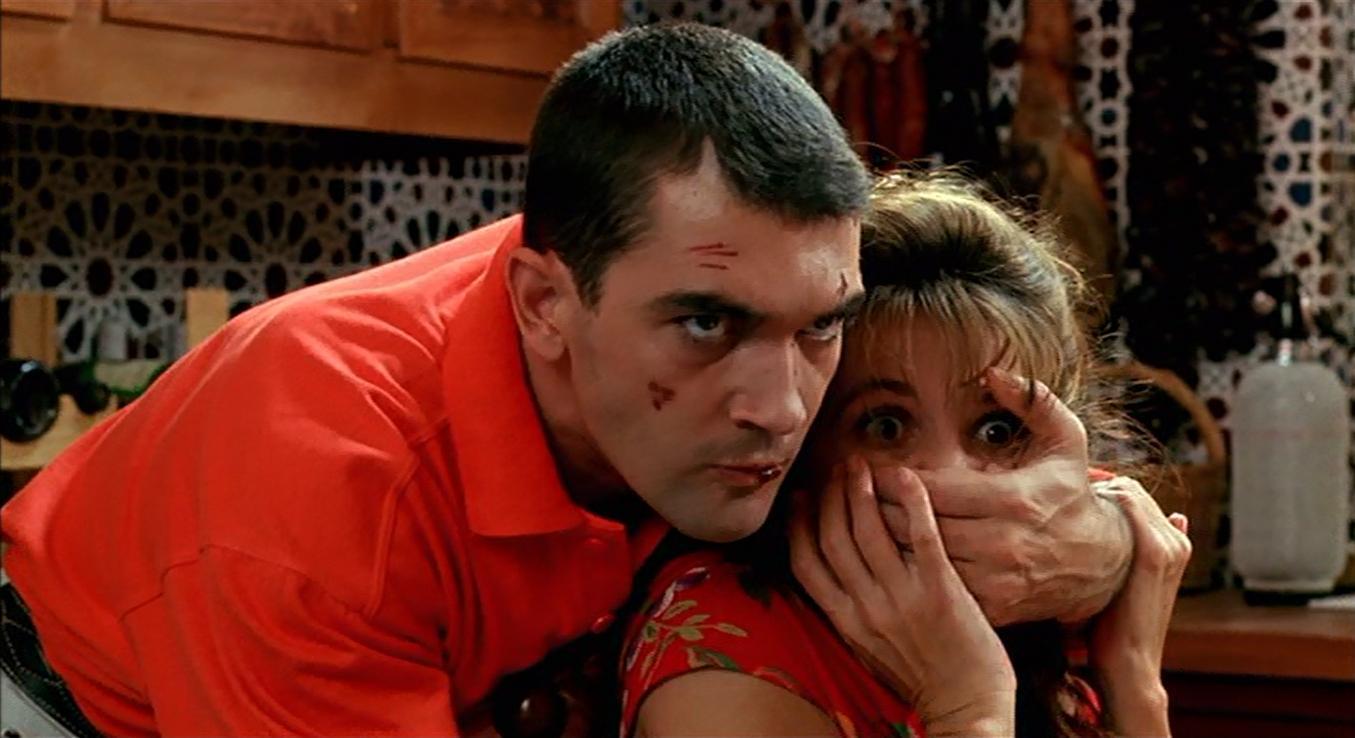6. Heaven Knows What – the Safdie Brothers

Josh and Benny Safdie came up with a number of other oughties filmmakers (Swanberg, Gerwig, The Duplass Brothers) in the American mumblecore movement, who critics at the time took to be descendants of pioneer independent filmmaker John Cassavates (the Safdie’s themselves were awarded the John Cassavates Award for their feature film Daddy Long Legs).
But whilst others of the movement drifted into various forms of commercial cinema, the Brother’s Safdie had remained relatively small scale until their 2017 break out film Good Times, and 2019’s hugely well received Uncut Gems, a film about the vicissitude of a Jewish jeweller in New York’s diamond district.
It was during the research of Uncut Gems that Josh Safdie met Arielle Holmes, a homeless heroine addict whose autobiography would form the basis of the brother’s 2014 film Heaven Knows What, a granular, quasi-biographical film that more than any other film I can think of follows in the tradition of John Cassavates himself.
The film stars Holmes, a fictionalized version of herself wrenched through her old biography, with the mad charism of Caleb Landry Jones (Antiviral, Three Billboards, Twin Peaks) as her controlling boyfriend. Shot gracefully by cinematographic wonder-boy Sean Price Williams, the film elegantly glides upon its delicate down-and-out subject matter with humane nuance.
Watch everything they’ve made.
7. The Devil, Probably – Robert Bresson

1977’s The Devil, Probably is a lesser known work from an auteur whose cinematic style differs from nearly all others. Working from a notion of cinema as a wholly new art form, suspicious of other director’s attempts to impose theatrical form onto a completely ‘other’ medium, there’s an undeniable uniqueness to Bresson’s work: the automated movement of his characters, the flat delivery of lines, the restrictive shots – you get the gut level feeling your watching something meticulously crafted and intentional (though you are at times ensure what that thing is).
His penultimate work, that takes place following the 1968 Paris Uprising, concerns the suicide of a listless Parisian youth, following him in the days prior to his death, as he wanders through, and thumbs his nose at, the various political and spiritual milieus of the city’s Bourgeoisie.
It’s a bleak, nihilistic film – bringing to mind the famous Camus essay The Myth of Sisyphus – but well worth a watch if you’re into the stark, brooding aesthetic of 1970’s art films; and with a prescient preoccupation with environmental issues and doomer philosophical brain twisters, the film will strike a chord with anyone understandably suffering from the lassitudes of late capitalism.
8. The Fury – Brian De Palma

Enough of that brooding toss – give me telekinesis!
De Palma followed up Carrie with 1978’s The Fury: a supernatural thriller starring an aged Kirk Douglas as a ex-CIA agent who, following a failed assassination attempt, has to rescue his kidnapped psychic son from the panto villainy of smouldering short-arse John Cassavates, who wants to harness his powers for governmental evil. Starring Carrie alumnus Amy Irving as Gillian, a high-schooler with telekinetic powers, who becomes embroiled in the father’s quest.
If it sounds kinda mental, it is. Half the film is s sort of Kirk Douglas action vehicle, where he’s running around arse out trying to find his son and meeting psychics and lovers of his past; the other (more interesting) half concerns the grooming of his son at the hands of the son’s lascivious charge. It’s an indelicate balancing act, but it bristles with energy, the film looks great, and I mean it’s still Kirk Douglas, no matter how old or weirdly in love with is son he is.
An ode to the Hitchcock thriller, featuring an(other) on-point score from John Williams, The Fury might be a little close to the themes of Carrie to have hit with a wider audience (it did well at the box office, but I don’t really hear people much talk about it), but it’s big, and dumb, and features the most banging denouement in cinematic history.
9. Knightriders – George A. Romero

The horror maestro followed up his mega success Dawn of the Dead with a personal (and mad eccentric) film about a renaissance fair troupe, who travel about jousting atop motorcycles, led by the idealist King William (a stoical, intense, and never better Ed Harris) who is faced with sedition when a spivvy promoter arrives and threatens to take the troop in a more profitable (ignoble) direction.
Starring make-up artist (and Rodriguez regular) Tom Savini as King William’s frustrated heir apparent, the film seems quite explicitly to deal with Romero’s own struggles and frustrations with independent filmmaking, and bristles with odes to the mad joys and principles underlining group life in a counter-culture.
Bros clad in iron plate, jousting on bikes, whilst Steven King boos from the touchlines like a wrestle-fan-cynic; moral stands in the face of police corruption; dissension, betrayal, martyrdom … more motorcycle jousts: Knightriders is a massive recomend to anyone who empathises with the creative struggles of artists trying to maintain their independence amidst outside interference; those who relish in filmmakers attempting to break away from established forms; and for people who just like watching a load of good ol boys whirling about on choppers, nailing one another with massive sticks.
10. Tie Me Up! Tie Me Down! – Pedro Almodóvar

‘Almodóvar took the Telenovela and made it an art-form,’ said probably someone somewhere.
Almodóvar films burst with colourful melodrama, vibrancy, loudness. They’re also kitsch and camp and joyously transgressive. The fun ones, at least. The ultra serious melodramatic ones are a different matter. Not that the melodramas are bad, but my taste leans more readily towards dopey transgressive fun where (and whenever) I can get it: and with Almodóvar you get it in spades.
The 1989 dark comedy Tie Me Up! Tie Me Down! stars Antonio Banderas as a recently released mental patient who kidnaps a former pornstar / drug addict because he believes she is destined to father his children. It’s a film full of joyously flamboyant characters, engaging with relish in the narrative hokum of a wandering plot; and features a meta-nod to the catty dynamics of a bustling film set: a theme that, having made seven feature films previous, Almodovar must have been all to familiar with.
In typical Almodovar manner, the film’s themes of mental illness, sadomasochism, and domestic/ drug abuse are transmogrified into a transgressive love story, full of braying lovelorn Spaniards whose gross misdeeds belie they kind but all to human hearts. He seems a filmmaker who relishes in the exploration of human passion, self-expression, and eccentricity; little case studies of humane imperfection.